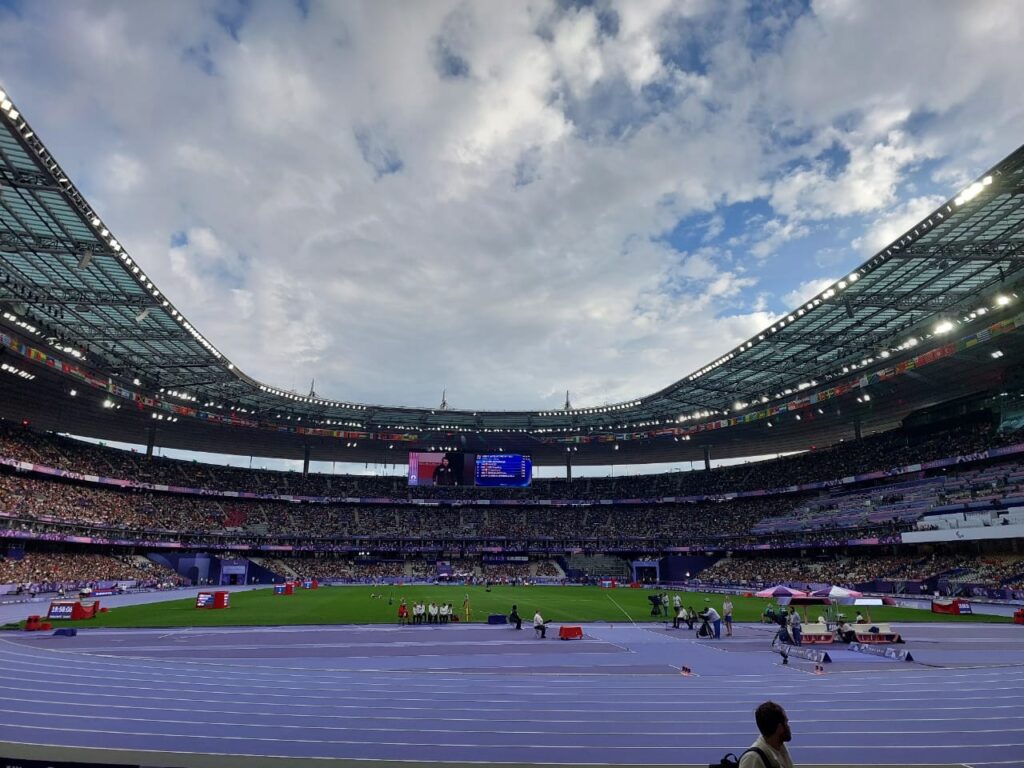India at Paralympics: The Zeal to Win
In our series, India at Paralympics, we addressed certain aspects that help our Paralympians and all other athletes realize their potential and attain success. Today, as we sum up this series of learnings from the inspiring stories of our Paralympians we look at a very special factor that is evident in every Paralympian and in every athlete who loves their sport and their country. Yes, we are speaking about the determination, the drive to win…the desire to see the work done till the end.
This year at the Paris Paralympics, Preethi Pal became India’s first and the only athlete to win two medals in the track and field category. Hailing from a small village in Uttar Pradesh’s Muzaffarnagar district, Preethi was born with weak legs and an irregular leg posture, making her prone to various diseases. She was called a “cursed child” by the villagers, but Preethi’s determination proved to be far more stronger than insults and challenges thrown at her. At 17, she was inspired by watching the then Paralympians make their country proud and realized that she too, could pursue her dreams. Going into the Paris Paralympics, once the ‘cursed’ Preethi was confident enough that she would achieve her dream. Before the Paris Games, her coach and mentor Fatima Khatoon took her to Gajendra Singh, an army man and coach-husband of para athlete Simran Sharma for intensive training, Preethi says about the encounter, “The coach took me in on one condition, that I will never say no to training. He changed my technique, gave me proper nutrition, and worked on my endurance and strength. The medals in Kobe gave us a lot of confidence.”
An amazing quality seen in the Paralympians, is that they do not rely on second chances. Life itself is the second chance that they have received. Some have recovered from fatal injuries before turning to the sport and for some who were born with unfortunate disabilities in their bodies, being able to play the sport is the second chance that they have gotten from Life. They believe in proving themselves at every chance they get, they never say Better Luck Next Time, as there might not be a next time. They go in for every challenge with a do or die attitude. This attitude can only come when three factors are combined…the passion for the sport, the love for your country and an unshakeable belief in self.
Another aspect of this unwavering determination is that the fear of failure appears to be on the lower side when it comes to the Paralympians. Most of the Paralympians come from a place where they have endured many insults and stigma from the society, rejection and discrimination is something that they have known for a long time. As a consequence, they do not carry the baggage of ‘what will people say’ anymore. People have said what they will, and now it is their chance to prove them wrong. The only vision they have is of their Ultimate Goal. Another reason here, is the disheartening fact that the Para athletes are more prone to injuries and physical discomfort than their able bodied counterparts. There is a lot of uncertainty for when something might come up which might stop them playing. Hence, they fearlessly execute their game at every chance they get to do so.
High Jumper Praveen Kumar was grappling with an injury just 3 months before Paralympics. This is the same athlete who performed a record setting jump of 2.08m in the T64 category, winning the Gold. There were many instances of para athletes getting injured before or during the Paralympics, but one factor common for all of them, was that they never gave up.
Now as India sets its sight on the next Olympic and Paralympic Games, the Zeal to Win is one factor that every athlete needs to imbibe in themselves. Remember why you started, know your purpose and do what it takes to fulfill that purpose. Second chances are a good opportunity to prove oneself, but one must rely on those for achieving their dreams. Believe every chance you get to be the last one and fight for it!
Rasika Kalgutkar, Sports Psychologist, Mindsports
